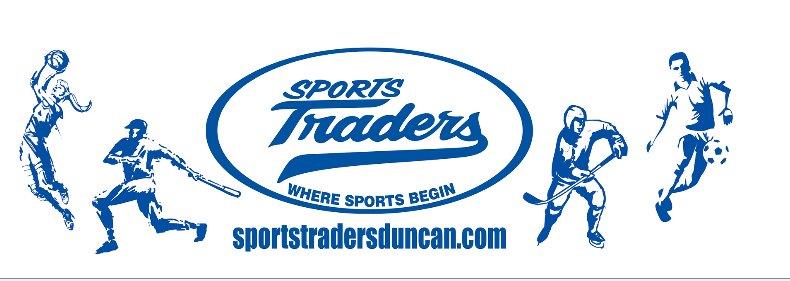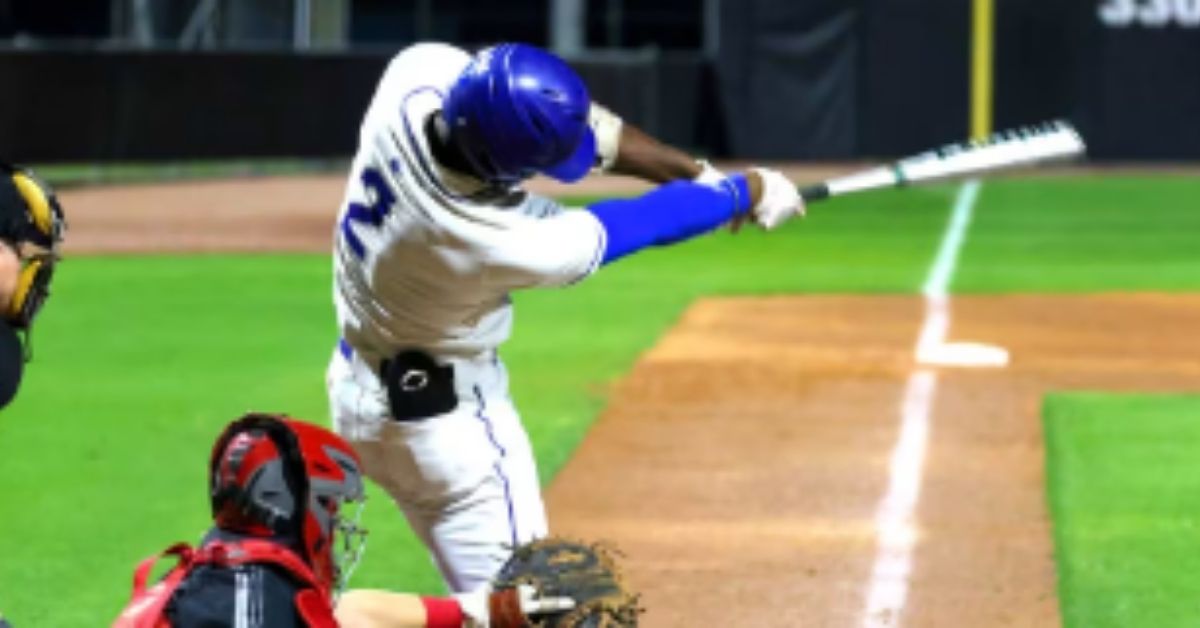Imagine stepping onto a college campus where the crack of the bat and the cheer of the crowd become a part of your daily life. You’re not at a sports powerhouse with stadium seating for thousands, but at one of the best small Division I baseball programs in the country. These programs might not make national headlines, but they offer a unique blend of competitive play, passionate coaching, and a close-knit team atmosphere that can be the perfect fit for student-athletes looking to shine on the diamond.
Choosing the right program isn’t just about athletic prowess; it’s about finding a place where you can grow both on and off the field. Whether you’re aiming for the majors or simply want to play the game you love while getting a top-notch education, these small D1 schools could be your ticket to success. Let’s dive into what makes these programs stand out and why they might be the ideal choice for your collegiate baseball career.
Historical Performance of Small D1 Baseball Programs
When considering small D1 baseball programs, it’s essential to examine their historical performance to understand their competitive standing and the opportunities they offer. Let’s delve into their winning records and notable achievements to get a clearer picture.
Winning Records
Small D1 baseball programs may not always make headlines like their larger counterparts, but they’ve shown remarkable consistency and success over the years. For instance:
- Coastal Carolina University surprised many by winning the NCAA National Championship in 2016. This win highlighted the potential of smaller programs to compete at the highest levels.
- Dallas Baptist University has consistently made appearances in the NCAA tournaments, underscoring its strong baseball program despite its smaller size.
These programs exemplify how size doesn’t always dictate success in college baseball—strategy, coaching, and player dedication play significant roles.
Notable Achievements
Beyond winning records, small D1 baseball programs have a track record of notable achievements that contribute significantly to their reputation:
- Players from programs such as Mercer University have been drafted into Major League Baseball, showing that these schools can be stepping stones to professional careers.
- Universities like Stetson have gained recognition for producing top-notch talent like Jacob deGrom, a pitcher who later became a major league star.
These achievements underscore the capacity of small D1 programs to not only compete but also excel and make a lasting impact in the world of baseball.
Key Factors That Make a Small D1 Program Stand Out
Exploring small Division I baseball programs reveals unique qualities that set them apart from larger counterparts. Let’s dive into the key factors that contribute to their distinctiveness.
Coaching Excellence
Effective coaching is pivotal in smaller D1 programs. Here, coaches often form deeper, more personalized relationships with players due to smaller team sizes. This enables a focus on fine-tuning skills and addressing individual player needs. Coaches in these programs, such as Gary Gilmore of Coastal Carolina, often wear multiple hats, not only strategizing games but also mentoring athletes extensively. This comprehensive involvement can significantly accelerate a player’s development and team dynamics, contributing to notable successes on the national stage.
Player Development
In small D1 programs, player development is remarkably focused. The limited roster size allows for more individual attention during practice sessions, which means personalized training plans and immediate feedback on performance. This environment nurtures not just athletic prowess but also critical thinking on the field, which is indispensable in high-stakes games. Players from these programs, like those from Mercer University, often excel in both collegiate leagues and professional drafts, showcasing the high caliber of training they receive.
Community and Culture
The community and cultural aspects of a small D1 baseball program are integral to its appeal and success. These programs are typically deeply embedded in their local communities, fostering a loyal fan base that supports the team passionately. The close-knit atmosphere creates a strong sense of belonging and pride among players and staff, which translates into a cohesive team unit. Such an environment not only enhances player performance but also enriches their college experience, making it memorable beyond just the wins and losses.
Top 5 Small D1 Baseball Programs Right Now
Exploring the best small Division I baseball programs can unveil hidden gems that offer a competitive edge and a nurturing environment for aspiring athletes. These programs excel in coaching, player development, and fostering a supportive community, which all play a crucial role in their success.
Program 1: Achievements and Overview
Mercer University stands out not only for its impressive coaching staff but also for its consistent performance in NCAA tournaments. The Bears have clinched multiple conference championships and made several NCAA appearances in recent years, marking them as a powerhouse in small D1 baseball. Their commitment to player development is evident in the number of players drafted into MLB.
Program 2: Achievements and Overview
Coastal Carolina University, known for its stunning upset to win the NCAA Championship in 2016, remains a dominant force in college baseball. This program doesn’t just thrive on past glories; it continues to cultivate top-notch talent, making regular postseason appearances and producing athletes who succeed at the professional level.
Program 3: Achievements and Overview
Stetson University’s baseball program has a rich tradition of excellence, highlighted by numerous conference titles and consistent NCAA tournament bids. The Hatters focus heavily on pitching, leading to the development of several major league players. Their small but mighty program continues to challenge larger schools and produce MLB-ready talent.
Program 4: Achievements and Overview
The University of San Francisco Dons have built a reputable program in the competitive West Coast landscape. With a strategic focus on holistic player development and academic balance, they’ve managed multiple trips to the NCAA regionals. Their program emphasizes building character and skills, proving that size isn’t everything in achieving great success.
Program 5: Achievements and Overview
Davidson College made headlines with their unexpected run in the 2017 NCAA Super Regionals, demonstrating their program’s potential. This underdog story underscores their focus on teamwork and resilience. Davidson continues to recruit and develop players who excel both on the field and in the classroom, adhering to the true spirit of student-athletes.
Alumni Success Stories
The alumni of small D1 baseball programs don’t just shine on the field but also make remarkable strides after graduation, showcasing the profound impact these institutions have on their paths.
Major League Baseball Gradates
Small Division I programs have proven to be breeding grounds for Major League Baseball (MLB) talent. At Mercer University, players like Kyle Lewis have not only made it to the major leagues but also earned accolades such as the American League Rookie of the Year. Coastal Carolina University boasts its own success story with outfielder Tommy La Stella, who not only got drafted by the Atlanta Braves but also became an MLB All-Star. Stetson University’s Jacob deGrom is another standout, escalating from college baseball to a dominant pitcher for the New York Mets and twice earning the prestigious Cy Young Award. These examples underscore how well small D1 programs can prepare athletes for the highest levels of baseball.
Impact in Other Areas
The influence of these programs extends beyond the diamond. Graduates often excel in various fields, bringing leadership, teamwork, and resilience learned on the baseball field into their professional and personal lives. For instance, many have transitioned into successful careers in business, education, and even politics, crediting their time playing baseball at these institutions as a foundational part of their success. The training, discipline, and mentorship provided by these programs equip students not only to play at professional levels but also to become impactful community leaders and innovators.
Challenges Faced by Small D1 Baseball Programs
While small Division I baseball programs offer unique opportunities, they also encounter specific challenges that can impact their competitiveness and sustainability.
Recruitment Limitations
Recruiting top talent poses a significant challenge for small D1 baseball programs. Due to limited visibility and lower media coverage, these programs often struggle to attract high-profile recruits who gravitate towards larger, more renowned schools. For example, while a powerhouse like Vanderbilt might be showcased on national television, smaller programs receive less exposure, making it harder to catch the eye of promising athletes. Additionally, smaller schools often have fewer resources for extensive recruiting trips or to host large-scale scouting events, further narrowing their pool of potential talent.
Financial Constraints
Small D1 baseball programs frequently operate with tighter budgets compared to their larger counterparts. These financial limitations can affect various aspects of the program, from hiring staff to maintaining and upgrading facilities. For instance, while a major program might have the funds to renovate their ballpark or invest in state-of-the-art training equipment, smaller programs must often make do with older facilities and limited technological aids. This can not only affect the training and development of the players but also how the program is perceived by potential recruits.
How Small D1 Programs Compare to Larger D1 Schools
When considering where to play college baseball, you might wonder how smaller Division I (D1) programs stack up against their larger counterparts. Here’s how they compare in terms of competition and unique opportunities.
Competitive Differences
Small D1 baseball programs often face towering competition from larger schools that boast bigger budgets and higher visibility. These larger institutions typically have more resources, allowing for advanced facilities, full coaching staffs, and extensive recruiting capabilities. Yet, smaller D1 programs hold their own by fostering a highly competitive environment where players can shine without getting lost in the shuffle. Coaches in these programs often focus more on player development, enabling athletes to improve their skills in a more personalized setting.
Opportunities and Unique Advantages
One of the greatest appeals of small D1 programs lies in their unique advantages. You’ll find that smaller teams often offer more immediate playing opportunities for incoming freshmen, as the competition for spots is less intense than at larger schools. This can lead to significant playing time early in your college career, which is vital for developing on the field.
Moreover, these programs usually boast a close-knit community feel. Coaches and staff can often provide more individualized attention and mentoring, both in athletics and in academic or personal development. Additionally, the tight-knit nature of smaller programs fosters lifelong connections, giving you a network that extends far beyond college.
Finally, because these programs are sometimes under the radar, they provide a unique platform for standout players to make their mark without the overshadowing presence of star-studded recruits commonly seen in major programs. This setting can offer you the chance to become a key player and leader, potentially catching the eye of Major League scouts by showcasing your talent in a less diluted field.
Conclusion
Exploring the world of small Division I college baseball programs reveals a unique blend of athletic rigor and personal development. You’ll find that despite the financial and competitive challenges these programs face they still manage to provide a nurturing environment for growth. The immediate playing opportunities and personalized development foster not only athletic skills but also life skills that are invaluable beyond college. Whether you’re an aspiring professional athlete or a student looking to enrich your college experience small D1 programs offer a compelling choice. Remember the success stories of alumni who’ve thrived in various fields are a testament to the well-rounded education and experiences these programs offer.


